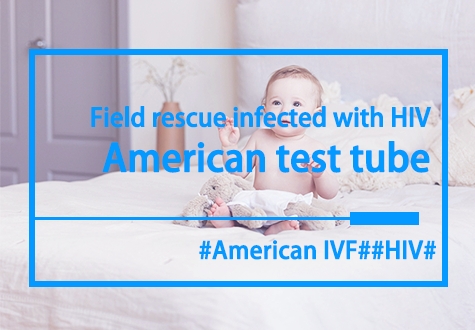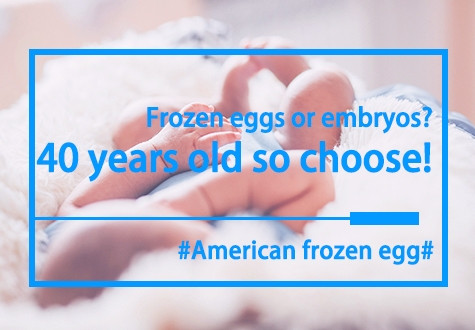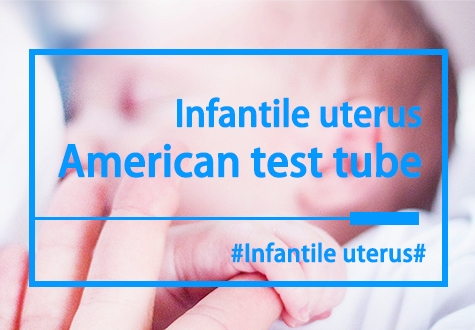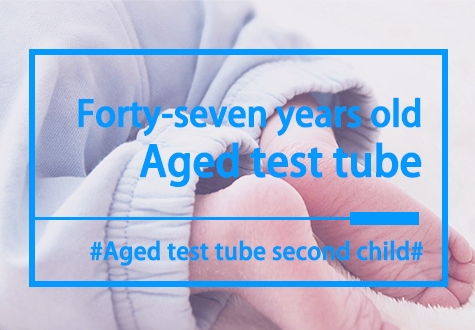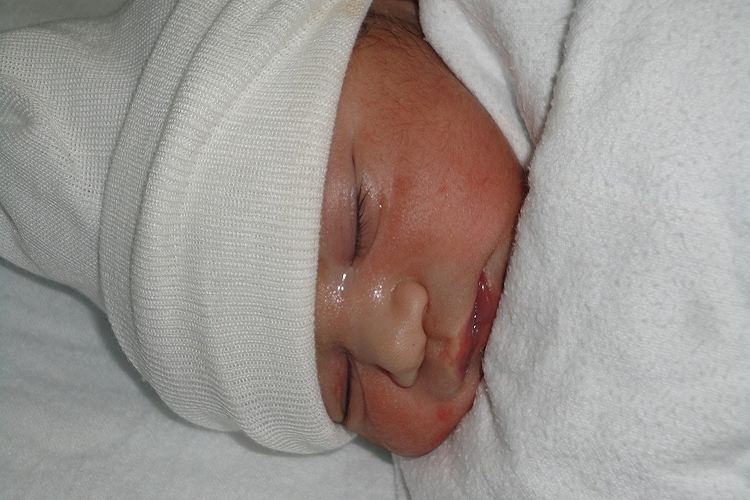Woman broad bean disease can only do three generations of test tubes?
Just because a woman has broad bean disease doesn't mean she can only have three generations of IVF. While three-generation IVF allows embryos to be genetically screened before implantation to select those that do not carry the broad bean disease gene for transfer, reducing the risk of passing it on to the next generation, it is not the only option.

Broad bean disease is a genetic disease caused by reduced or lack of G6PD enzyme activity. After eating broad beans or certain drugs, patients will have symptoms of acute hemolytic anemia, and even life-threatening in severe cases. Since this is a genetic disorder, there is a risk of passing it on to the next generation.
What are the effects of broad bean disease on fertility?
Fava bean disease itself does not directly affect a woman's fertility, meaning that women with the disease can still conceive normally. However, due to the genetic nature of the disease, patients may be concerned about passing the disease on to the next generation while pregnant. This concern is justified because there is a real genetic risk of fava bean disease.
Three generations of IVF technology and its advantages:
Three-generation IVF technology is a genetic screening technology for embryos on the basis of in vitro fertilization. With this technology, doctors can select healthy embryos for transfer by testing the embryos' chromosomes and genes for specific genetic diseases before they are implanted into the mother. For patients with broad bean disease, three generations of IVF technology has the following advantages:
1, reduce genetic risk: Through genetic screening, doctors can select embryos that do not carry the broad bean disease gene for transfer, thus greatly reducing the risk of passing the disease to the next generation.
2, improve the success rate: three generations of IVF technology can screen embryos before embryo implantation, select higher quality embryos for transfer, thus improving the success rate of IVF.
While three-generation IVF is a great option for broad bean patients, it is not the only option. When deciding whether to adopt this technology, patients also need to consider the following factors:
1. Age and fertility: A woman's age and fertility are important factors affecting her reproductive choice. The older you get, the less fertile you are, and you may need to resort to assisted reproductive technology to achieve your reproductive dreams.
2, economic factors: three generations of IVF technology requires high economic investment. Patients need to consider their financial situation and whether they are willing to bear these costs.
3, psychological factors: fertility is a complex process, involving many psychological and emotional factors. Patients need to consider whether they are ready to face possible challenges and difficulties.
For women with broad bean disease, three generations of IVF is an excellent option and can greatly reduce the risk of passing the disease on to the next generation. However, when deciding whether to adopt the technology, patients also need to consider their age, fertility, financial status and psychological factors. In addition, patients can consult with a professional physician or genetic counselor to learn more about broad bean disease and fertility options in order to make more informed decisions.





